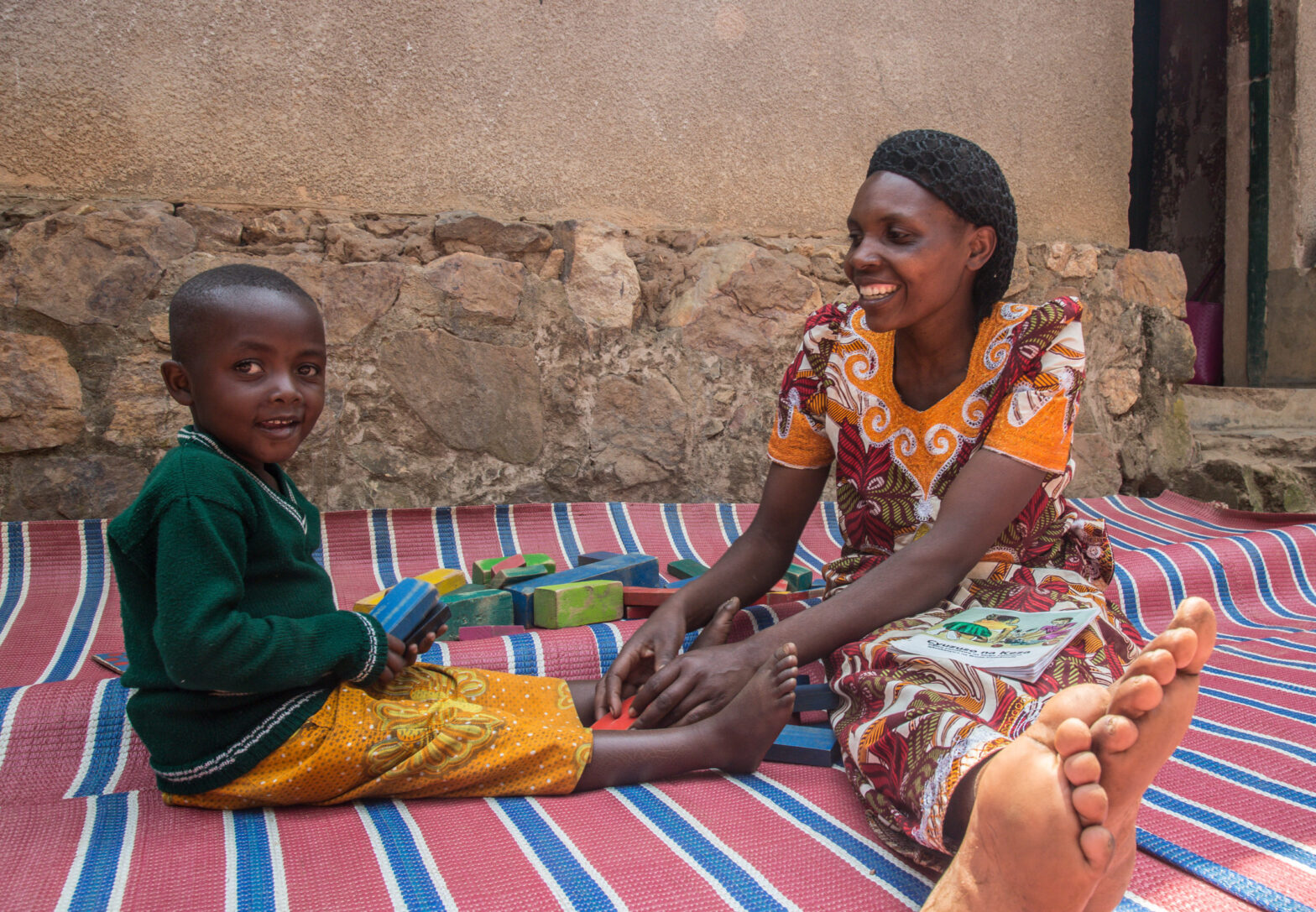For the Federal Government to achieve the ambitious Family Planning (FP) 2030 target, it must increase its contraceptive prevalence rate; reduce its unmet needs for Family Planning and also work closely with all relevant agencies.
The Coordinator, Africa Budget Network (AHBN), Dr. Aminu Magashi Garba, disclosed this while responding to questions from journalists at a two-day strategic retreat in Abuja.
The retreat which was organised by the AHBN was aimed at reviewing Nigeria’s Reproductive, Maternal, Newborn, Child, Adolescent Health and Nutrition (RMNCAH+N) recovery plan scorecard and validate the FP 2030 Accountability Motion Tracker Template in Abuja.
Dr. Magashi insisted that Civil Society Organisations (CSOs), advocates, the media and the young persons must work closely with the government and relevant agencies to ensure the needed funds are released in order to achieve the FP 2030 target.
“These are very ambitious objectives of the FP2030 for Nigeria. We have to work very hard. We have to also increase our contraceptive prevalence rate in Nigeria. We have to reduce our unmet needs for family planning.”
